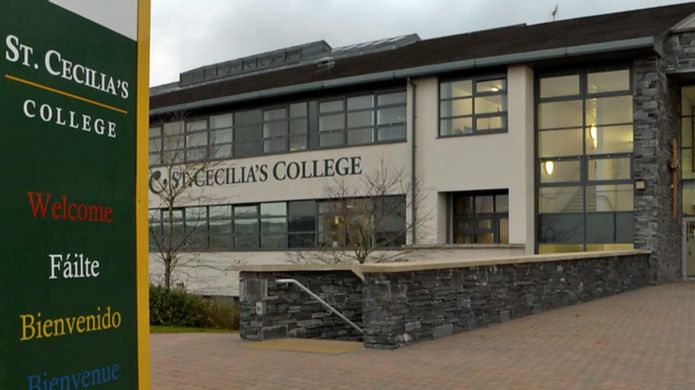A leading Magee-based Ulster University researcher will develop Artificial Intelligence (AI) technology that could help people to communicate following serious brain injuries, thanks to a £20million government investment announced today.Professor Damien Coyle of Ulster University’s Magee campus has been awarded the prestigious Turing AI Acceleration Fellowship. The Fellowships will give 15 of the UK’s top AI researchers the resources to work with industry to bring their innovations to benefit multiple sectors.

Professor Damien Coyle who is currently Director of the Intelligent Systems Research Centre (ISRC) at Ulster University’s Magee campus, said:“Everyone’s brain is different and many factors influence brain states so brainwaves are extremely complex and change and evolve from minute to minute and day to day. This presents an excellent challenge for AI in detecting specific brains states. “The AI R&D planned for this fellowship will be thoroughly trialed not only in the lab but also with end-users of the technology – patients and clinicians who can really benefit. The AI will be deployed in wearables developed in partnership with NeuroCONCISE Ltd, an Ulster University spinout. “New AI developed for neurotechnology during the fellowship will be translated across other sectors and industry led-data analytics challenges so the fellowship will impact widely within the city and region, Northern Ireland, the UK and beyond.”
The ISRC, where Professor Coyle is based will feature in the Derry and Strabane City Deal through the Cognitive Analytics Research Laboratory (CARL). Its objective is to help NI industry across a broad range of sectors from health to financial technology to become world-leading in their use of Artificial Intelligence. The ISRC is already home to the Dr George Moore Chair in Data Analytics, a world-class academic position made possible with the philanthropic support of Mrs Angela Moore. This funding injection is another endorsement of Derry – Londonderry as a place where AI and Innovation thrives.
Science Minister, Amanda Solloway said:“The UK is the birthplace of artificial intelligence and we therefore have a duty to equip the next generation of Alan Turings, like Ulster University’s Professor Damien Coyle, with the tools that will keep the UK at the forefront of this remarkable technological innovation.“Northern Ireland is a hotbed for innovation and the inspiring AI project we are backing today could assist those who have experienced a serious illness or injury to communicate, transforming how they live, while cementing the UK’s status as a world leader in AI and data.”

